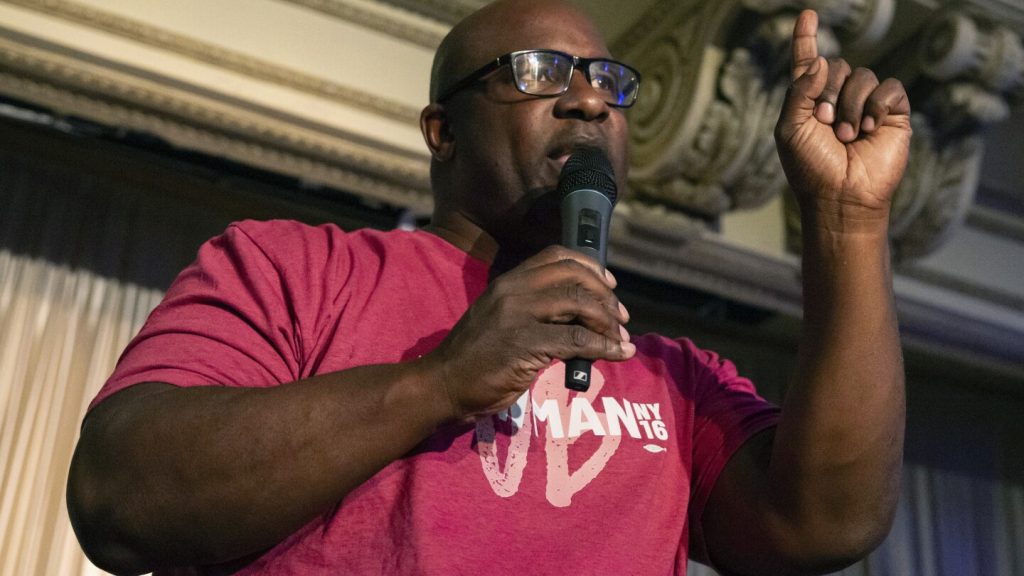Progressive Congressman Jamaal Bowman’s loss in a closely watched primary has raised concerns about the future of the progressive movement in Washington. Bowman defeated a long-term Democratic incumbent in 2020 but lost his reelection bid to a white centrist Democrat, George Latimer. Latimer’s victory has been seen as a sign that the Democratic Party is shifting towards common sense governance and away from the extreme left. The race was the most expensive House primary on record, with nearly $15 million spent by the American Israel Public Affairs Committee (AIPAC) allied super PAC to influence the outcome.
Bowman’s loss has sparked debate within the Democratic Party about the influence of money in politics. Progressive leaders have criticized the role of groups like AIPAC in Congressional races, suggesting that their involvement undermines the democratic process. The use of negative ads against Bowman, who has been critical of Israel’s actions in Gaza, contributed to his defeat. While AIPAC has framed the outcome as a victory for the pro-Israel position, critics argue that it highlights the need for campaign finance reform to prevent outside groups from wielding undue influence in elections.
The impact of Bowman’s defeat is being closely watched by other progressive incumbents, including Rep. Cori Bush in Missouri. Bush, who shares Bowman’s criticism of Israel’s military actions, is facing similar challenges in her upcoming primary race. Progressive leaders are urging caution and emphasizing the importance of standing by their values while avoiding unnecessary mistakes that could make them vulnerable to attacks from well-funded opponents. Despite the setback, progressives remain committed to advocating for their policies and are considering how to navigate the changing political landscape in Washington.
The loss of Bowman, a member of the “Squad” of progressive Democrats, has underscored the challenges faced by left-leaning politicians in more moderate districts. Bowman’s district had undergone boundary changes that complicated his path to reelection, and he faced criticism for his handling of issues such as foreign policy and constituent services. While some have pointed to these factors as contributing to his defeat, others see it as a broader trend within the Democratic Party towards more centrist candidates and policies.
The outcome of Bowman’s race has highlighted divisions within the Democratic Party between progressive and centrist factions. Progressive leaders are reevaluating their strategies and messaging in response to the loss, while also expressing solidarity and support for their colleagues facing similar challenges. As the party looks ahead to future elections, the impact of Bowman’s defeat on the broader progressive movement remains to be seen. Ultimately, the outcome of the race has raised important questions about the role of money in politics, the influence of outside groups, and the future direction of the Democratic Party.


